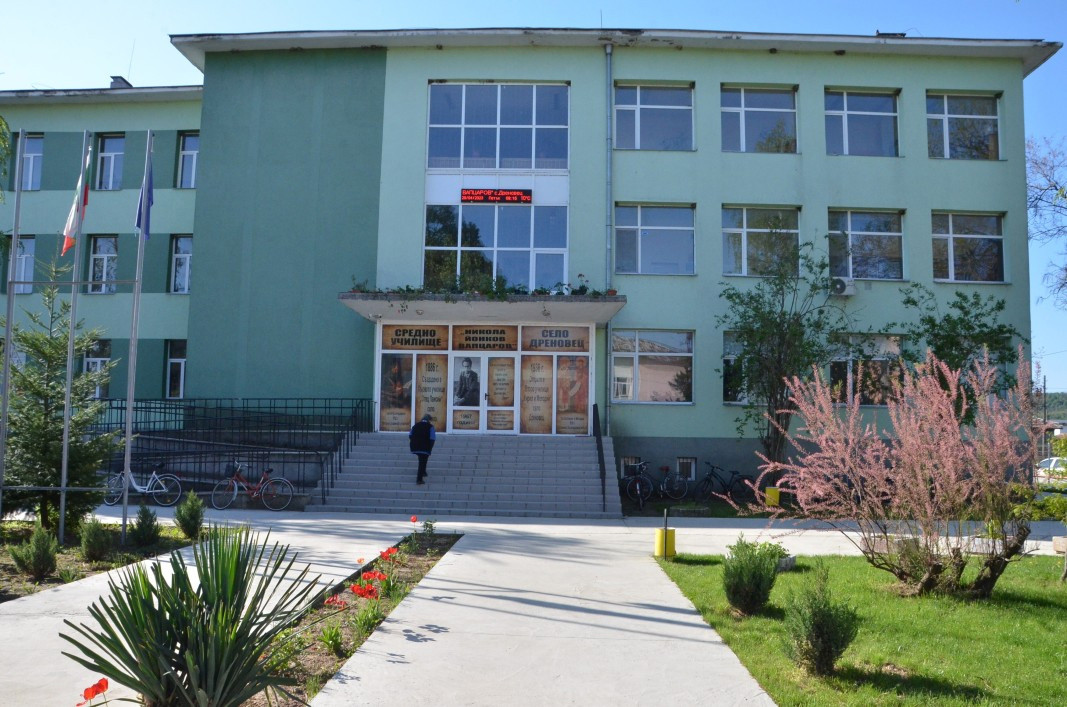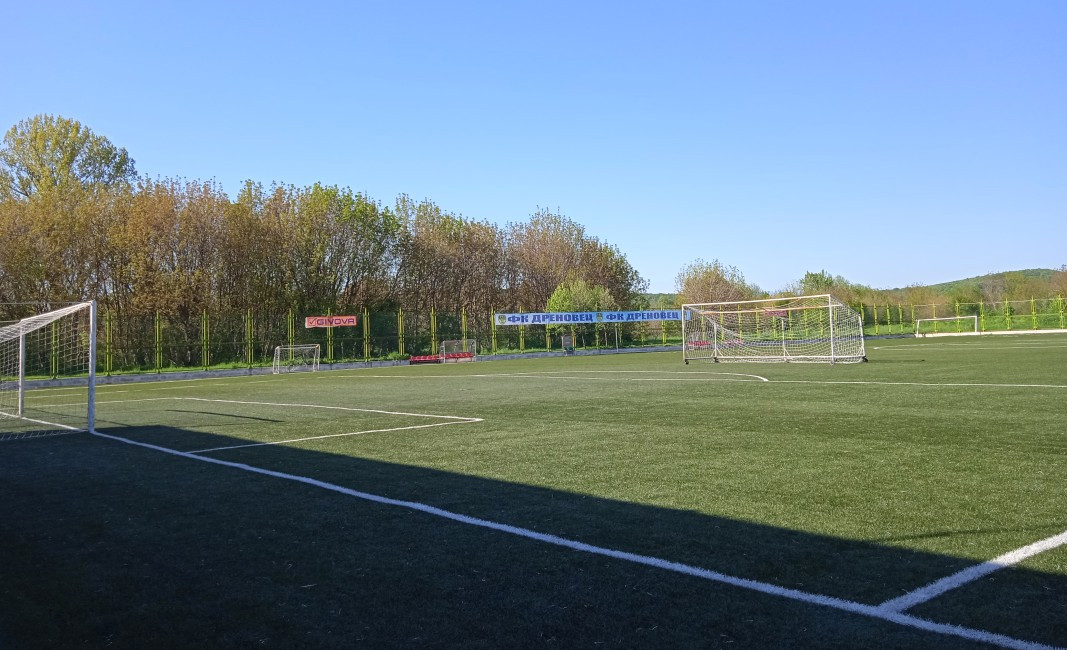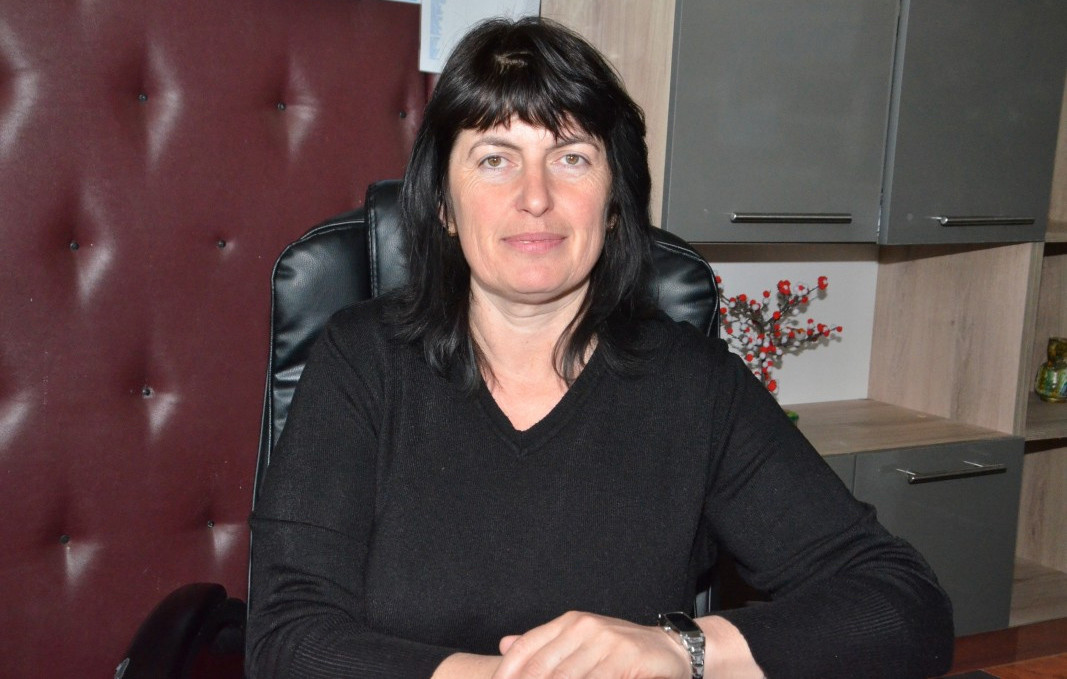In Northwest Bulgaria, usually presented as a land of poverty, alienation and hopelessness, there is one village that is proof that no decline is irreversible. All it takes to make a place come alive again is a commitment to make the world you inhabit a better place, to be useful to the community. The village of Drenovets is full of such people who are transforming their surroundings for the better, and with it their own spirituality and desire to create.
Located 45 km from Vidin, a port city on the south bank of the Danube, the village of Drenovets enjoys fertile land, water supply and rail transport. The river Lom crosses its territory and not far from it is the dam of the same name - the largest in the district.
“This is the largest village in the municipality of Ruzhintsi - we are about 1400 people and the permanent residents are approximately 1100, mayor Nadia Ivanova says. There is a school with 200 children, an old people's home and a kindergarten with some 60 children."
The clean air, natural food and beautiful scenery in the well-groomed village is why more and more people from the city are rebuilding their houses and spending their weekends here.
"People are buying homes here and others are coming back from the city to renovate their fathers' houses," Nadia Ivanova continues. The houses are well maintained. You can say that our village is buzzing. People come home on weekends to take care of the vines in their yards, to tend to their gardens."
There are three parks in Drenovec with solar lighting, one of which has a new plaza and new benches.
However, the village is proud to have a primary and secondary school named "Nikola Vaptsarov". Another point of interest in Drenovets is the so-called Repository of Memory in the community centre. This is an ethnographic and archaeological museum that contains objects once used in everyday life, but also artefacts from antiquity and older. One of the most ancient exhibits is a stone axe from the Neolithic period, while parts of arrows, swords and agricultural tools illustrate life in the first centuries of the Bulgarian state in the lands along the Danube.
But that's not all the village is known for. In addition to the two Orthodox churches, both named "Presentation of the Virgin Mary", both built in 1840, there is also an evangelical church. "We have two of them here because the villages of Chorlevo and Drenovets were once divided," the mayor says. In addition, football is thriving, thanks to the sports complex and the willingness of the municipality to invest in the good health and lively spirit of the inhabitants.
Unfortunately, many young people leave for the big cities after completing their secondary education. "They leave in search of work, means of survival, but that's the way it is in the villages," the Nadia Ivanova says bitterly.
"Our main problem is that young people are leaving the village," she sums up. - I hope that an investor will open new jobs and people will stay here. There used to be a military factory here, a clothing factory, two farms. 4 thousand people lived in the village. After the democratic changes we started to melt away."
And what is life like today in the village of Drenovets?
"We are doing well. We need more jobs because many people are barely surviving - not only the elderly, but also the young, whole families," say the residents of Drenovets. "Many people left to look for work abroad, and now we are leaving too because there are no jobs here. It is better there, one earns 100 leva (51 euro) a day. Don't you see - prices are going up - 1 kg of sausage costs eight or nine leva (4 euro), bread - 2.50-3.00 leva (1.5 euro). People are renovating, while we are working odd jobs just for bread. Now we go to the dam to load fish for fifty leva. Life here is all work and hardly any play".
Text by Diana Tsankova (based on interviews by Nedka Lilkova from BNR-Radio Vidin)
Photos: BNR-Vidin, Hristo DenevThe Bulgarian minority in Romania marked a significant event with the official opening of the Bulgarian Inn in the village of Izvoarele (Hanul Bilgarilor), Teleorman County (Southern Romania)- a locality with Bulgarian roots dating back over 200 years...
The 14th edition of DiVino.Taste, Bulgaria’s leading forum for wines and winemakers, will take place from 28 to 30 November at the Inter Expo Centre in Sofia. Over 80 producers from all wine regions will participate, offering tastings of around 600 of the..
Minutes before the second and final reading, at the parliamentary budget and finance committee, of the state budget for 2026, the leader of the biggest party represented in parliament GERB Boyko Borissov halted the procedure and sent the draft bill..

+359 2 9336 661
